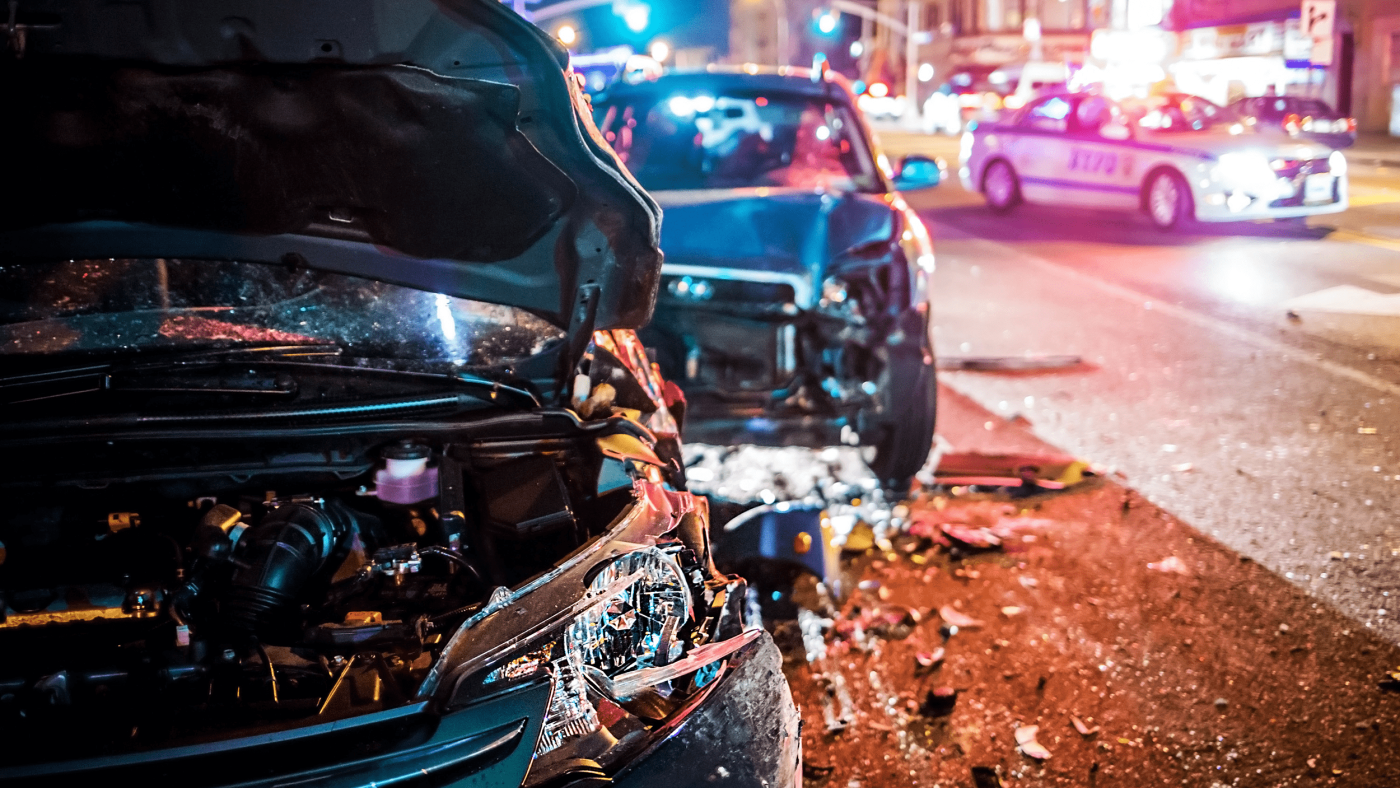
Wisconsin Liability Law: An In-Depth Guide to Negligence, Fault, and Legal Responsibility
What Is Liability Law in Wisconsin?
Liability law governs who is legally responsible when someone is injured or suffers damages. In Wisconsin, liability can arise from negligence, strict liability, or intentional acts. The most common type is negligence-based liability, which occurs when someone fails to act with reasonable care, causing harm to another person.
Key Elements of a Negligence Claim in Wisconsin
To prove negligence under Wisconsin law, a plaintiff must establish the following elements:
Duty of Care: The defendant owed the plaintiff a legal obligation to act reasonably.
Breach of Duty: The defendant violated that duty.
Causation: The defendant’s actions were the actual and proximate cause of the plaintiff’s injury.
Damages: The plaintiff suffered measurable harm, such as medical expenses, lost wages, or pain and suffering.
This standard applies across a range of personal injury cases, including auto accidents, slip and fall claims, and workplace injuries.
Comparative Fault in Wisconsin (Wis. Stat. § 895.045)
Wisconsin follows a modified comparative negligence system. This means that more than one party can be at fault in an accident, and each party’s liability is based on their percentage of fault.
If the injured party is 50% or less at fault, they can recover damages.
If they are 51% or more at fault, they are barred from any recovery.
Any awarded damages are reduced by the percentage of the plaintiff’s own fault.
Example:
If you are found 30% at fault for a car accident and awarded $100,000 in damages, your final compensation will be reduced to $70,000.
This rule incentivizes fair responsibility sharing and is frequently applied in car accidents, premises liability, and construction site injuries.
Premises Liability: Injuries on Someone Else’s Property
Under Wisconsin premises liability law, property owners can be held liable for injuries that occur due to dangerous conditions on their property. The level of care required depends on the visitor’s status:
Invitees (e.g., customers in a store): Property owners must inspect and fix hazards.
Licensees (e.g., social guests): Owners must warn of known dangers.
Trespassers: Owners generally owe a limited duty—mainly to avoid willful or reckless harm.
Recreational Immunity (Wis. Stat. § 895.52)
Wisconsin also offers recreational immunity to landowners who allow the public to use their property for recreational purposes (hiking, fishing, snowmobiling, etc.) without charging a fee. This law protects private landowners from personal injury lawsuits in many outdoor injury cases.
Product Liability in Wisconsin (Wis. Stat. § 895.047)
Product liability holds manufacturers, designers, and sellers responsible for injuries caused by defective or dangerous products. Wisconsin recognizes three primary types of product defects:
Manufacturing Defect – A flaw during the production process.
Design Defect – A fundamental issue in how the product was designed.
Failure to Warn – Inadequate instructions or warning labels.
To succeed in a Wisconsin product liability claim, the injured party must prove the defect existed when the product left the seller and that it caused their injuries during normal use.
Medical Malpractice and Healthcare Liability
Medical providers in Wisconsin are expected to uphold a professional standard of care. When they fail, and harm results, the injured patient may file a medical malpractice lawsuit. These claims typically require expert testimony and strong documentation.
Wisconsin Medical Malpractice Cap:
Under current law, non-economic damages (like pain and suffering) in medical malpractice cases are capped at $750,000. This cap applies only to non-economic damages; economic damages (medical bills, lost earnings) are not limited.
Wrongful Death Claims (Wis. Stat. § 895.03)
When someone dies due to another’s negligence or wrongful act, Wisconsin allows their family to file a wrongful death lawsuit. Recoverable damages may include:
Funeral and burial expenses
Loss of financial support
Loss of companionship and consortium
There are statutory caps on certain non-economic damages in wrongful death claims, especially involving medical providers.
Government Liability and Immunity (Wis. Stat. § 893.80)
Suing a government agency or employee in Wisconsin has additional hurdles. Government entities are protected by sovereign immunity, but exceptions apply:
Ministerial acts (routine, nondiscretionary tasks) can lead to liability.
The "known danger" exception allows claims when officials knowingly ignore a dangerous condition.
Additionally, claimants must file a notice of claim within 120 days of the injury, and damages may be capped.
Conclusion: Understanding Your Rights Under Wisconsin Liability Law
Whether you're dealing with a personal injury, slip and fall, product defect, or wrongful death claim, understanding Wisconsin liability law is crucial. The state’s comparative fault rules, statutory immunities, and damage caps all play key roles in determining the outcome of liability claims.
If you’re injured or facing a liability claim, consult with an experienced Wisconsin personal injury attorney to protect your rights and navigate the legal process effectively.
INJURED IN AN ACCIDENT? CALL DMR LAW OFFICES TODAY! 414-455-3629
